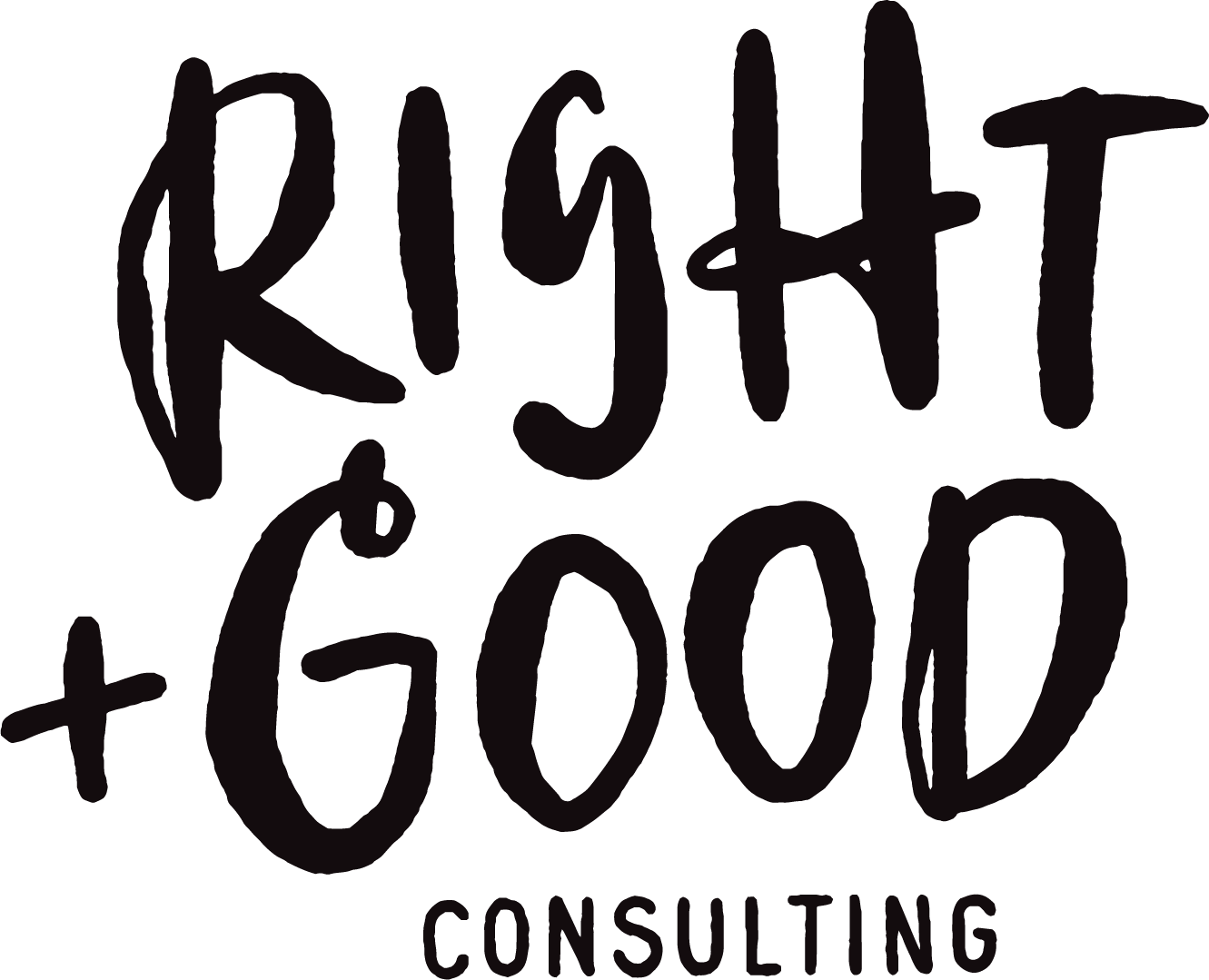Working With Partners–Why It Matters
Partnering with another business or nonprofit can be an exciting new venture for your organization.
It can also feel like a huge risk and an overwhelming task.
But, if you find the right partner (or partners) it can be incredibly beneficial to each of you.
Whether you’re a nonprofit combining your forces with another nonprofit, or a corporation partnering with an organization to sponsor a cause, or an entrepreneur partnering with service providers to streamline your business–working with partners is a vital part of growing your company.
Read on to find out how!
You expand your network
Finding the right partner also means finding an entirely new audience to hear your message.
When you work with another organization that offers complimentary services, you know that their customers will benefit from your offering–and the other way around. By partnering your organizations can use each other as a go-to referral with more success because clients know it comes from a trusted source.
Raising brand awareness for both of your organizations is an added benefit. Cross-promotion works in both your favors as each of your audiences becomes aware of the new partnership. Chances are both you and your partner will see a boost in engagement and reach.
In addition to promoting your partnership on your respective websites and social media accounts, you could:
Co-lead an event
Interview each other
Promote a shared product
It’s most beneficial to choose a partner whose audience is different from your own but would still be interested in your offering.
You better serve your clients
By collaborating with a partner business, you’re able to offer your audience more services that they need. A good partner can also help you develop coordinated policies and strategies that strengthen your mission.
Choose a partner that has services or products adjacent to yours. If one of you can fill a gap the other can't, it will benefit both your customers. It also works as a referral system. You refer to them for the service you can’t provide and they refer to you.
Or, partner with an organization that promotes a cause that your clients care deeply about or would benefit from. Not only will your audience find new resources but, if your partner has a bigger platform, you can use it to increase your reach in a way that you couldn’t before.
If you’re a nonprofit, partnering with a for-profit business can be especially beneficial for both of you. Corporations are realizing that consumers want more from companies than just a product or service. Companies need to show that they are actively participating in causes that their customers care about.
Part of partnering with a business could be in-kind donations like food and drinks for your next event, matching donations to your organization, or sponsorship of a program.
You promote inclusivity
By partnering with another organization that has a different audience demographic, or a different company focus you can both reach clients that you may not have before.
Partnering with different organizations also allows you to tap into a larger range of skills, expertise and worldviews that may not be represented in your company. Not only are these new perspectives valuable, they help foster understanding and respect for diverse workplaces.
Building up better, more productive relationships with different communities will help break down barriers that may have existed and will promote a more inclusive organization.
This can also extend to your employees and their perceptions of the company culture. A commitment to partnering with diverse organizations can increase employee satisfaction and their trust in the company.
By intentionally partnering with organizations that promote diversity and inclusion, you’re also practicing corporate social responsibility.
You increase your credibility
A strong, mutually beneficial partnership will increase your credibility and trust with your customers.
Say you’re a nonprofit partnering with a large, well established company. Seeing a recognizable brand linked to you will give your customers a sense of stability and importance in regard to your organization. For your partner, their customers will see them supporting an important cause.
Make sure you’re partnering with a company that aligns with your mission and values. Otherwise, the opposite effect could happen!
You get back your time
Maybe what you really need is to take some things off your ever-growing project list.
Partnering with service providers such as photographers, copywriters or web designers allows you to focus on what you do best. We can’t do everything (as much as we might try), so outsourcing the tasks that you either don’t want to do or don’t feel like is your strongest skill saves you time and gets better results for your clients.
These partnerships are mutually beneficial as well. You’re streamlining your business while providing work for someone else. You could also turn your partnership into a referral system that benefits both of you.
It’s also really helpful to have go-to people for certain jobs. Having a group of vetted experts to draw upon will not only save you time, but will bring you credibility and trust with your clients. For example, Right+Good works with The Collective–a group of diverse professionals from different industries and backgrounds that we collaborate with.
You save money
By maximizing your resources and providing coordinated services or products, you and your partner both decrease costs associated with growing your audiences and marketing your services.
By working together to promote a product, facilitate a conference or workshop, or raising brand awareness you can balance out the cost between the two of you.
You could also consider partnering with another business to share workspaces, office equipment and supplies, and even staff to a certain extent.
What kind of partnership could your business benefit from?
Take a look at what your organization is missing and try to fill those gaps. Or think about how you can help another company. How can you help more people together?
When looking for partners, make sure your values and missions align. Be clear about what you can bring to the partnership and what you need in return. Good communication and transparency are important–part of choosing a good partner is being a good partner.
Let us know if you have partnership questions! A good partnership (like any good relationship) takes work and isn’t always easy, but the rewards are worth it.

